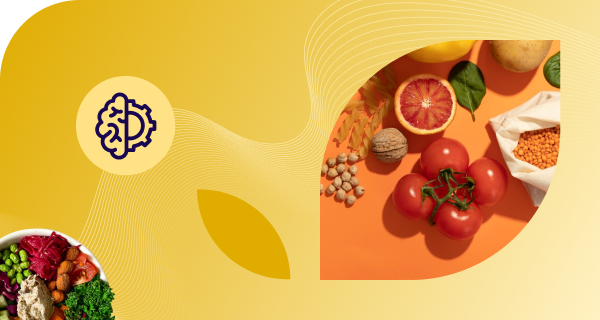4 insights into 2020’s sustainable food and beverage landscape

Most food and beverage industry stakeholders are aware of the continuing tide-change towards sustainable products and practices; however, most remain unaware of the motivations, values and preferences underpinning the trend. Our latest report, Food and Beverage Sustainability Trends in 2020, anticipates industry changes in sustainability for the upcoming year.
4 Insights into 2020’s Sustainable Food & Beverage Landscape
Most food and beverage industry stakeholders are aware of the continuing tide-change towards sustainable products and practices; however, most remain unaware of the motivations, values and preferences underpinning the trend. Our latest report, Food and Beverage Sustainability Trends in 2020, anticipates industry changes in sustainability for the upcoming year.
For companies looking to reduce their footprint, an accurate understanding of consumer preferences and demands is crucial. Over-production of undesired products contributes to damaging environmental practices; with the right information on today’s consumer choices, brands can put the right products on the right shelves — and keep them out of the landfill.
Food and Beverage Sustainability Trends in 2020 fine tunes the connection between the evidence-based claims for sustainability’s urgency – not least among which, in 2050, the world’s population will need 56% more food than today – and the general trend toward sustainability in the food and beverage industry. With consumer-specific insights, brands can strategize how best to participate in (and capitalize on!) this important moment in the industry.
Read on for a sneak peek into our findings.
Almost a quarter of consumers currently make sustainable F&B choices
23% more American consumers make food and beverage decisions based on sustainability considerations than a year ago. We expect this number to grow significantly in the coming months.
Consumers care about the planet, but care more about their health
“Health” is a dominating motivator for sustainable choices among consumers , but consumers are more likely to choose a sustainable option because its perceived health benefits over its environmental benefit. Despite the well-documented environmental damages of the animal agriculture industry, consumers are relatively apathetic to the planetary harm caused by the industry’s waste – currently, only 10% of consumer conversations about waste focuses on meat.
Packaging’s impact extends beyond just the environment
Sustainably-minded packaging options – from to-go cups to take-away boxes and more – give restaurants a significant popularity advantage amongst consumers on social media. Restaurants that advertise their use of these products see a marked increase in consumer interest.
Sustainably produced ingredients will dominate tables and shelves
Mainstream consumers are beginning to pay attention to not only the environmental consequence of a product after an item has been consumed (ie. wasteful plastic packaging), but also the environmental consequences of its production. Ingredients with sustainable and ethical supply chains will become more popular as consumers take a greater interest in products’ full lifecycles.
Hungry for more insights into how sustainability will affect your category and the industry at large in 2020?

